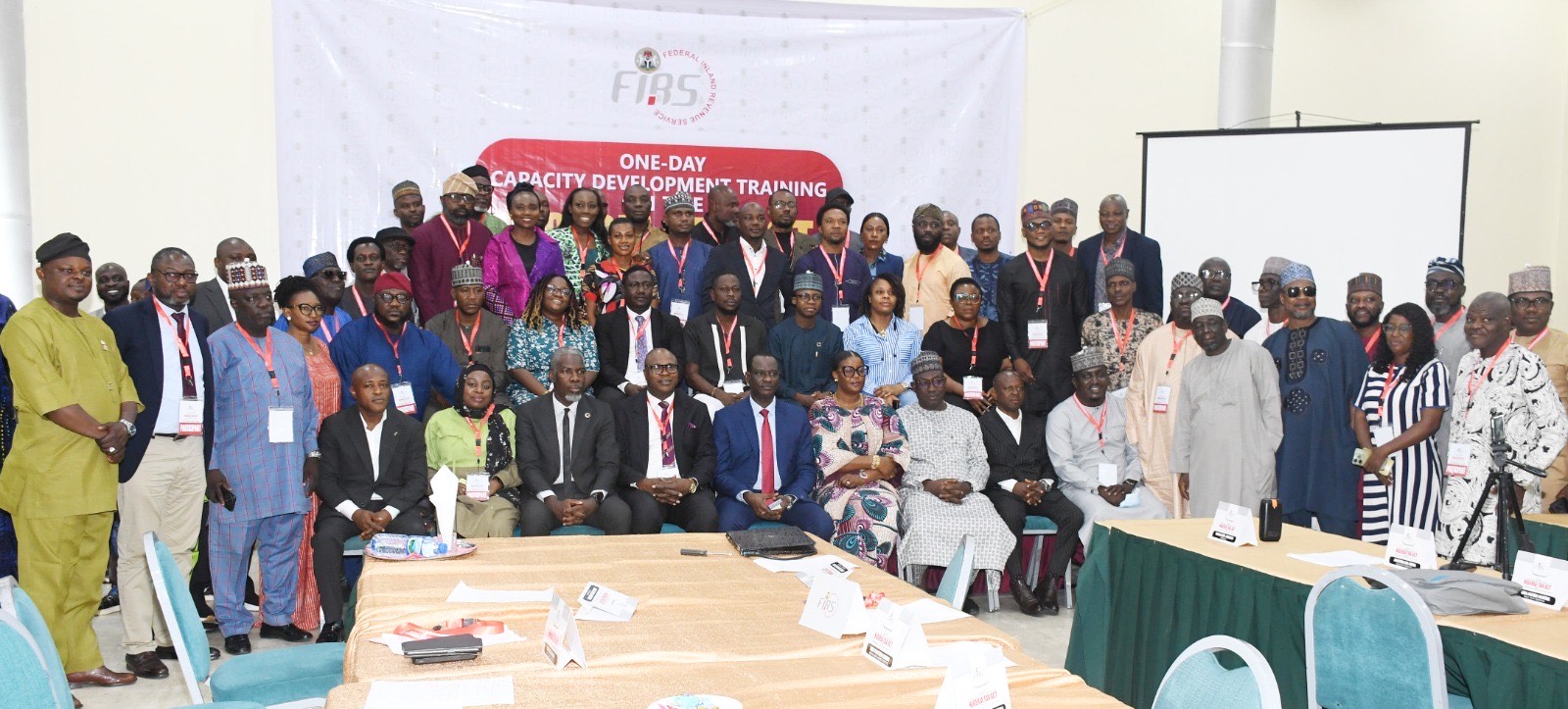By Tokunbo2
Copyright thesun

Highlights efforts to simplify taxation, build accountability
From Juliana Taiwo-Obalonye, Abuja
The Chairman of the Presidential Committee on Fiscal Policy and Tax Reforms, Taiwo Oyedele, on Wednesday, September 10, dismissed allegations that President Bola Tinubu’s administration introduced a new tax law in secret.
Speaking at a One-Day Training on the New Tax Laws for State House Correspondents organised by the Federal Inland Revenue Service (FIRS), he explained that the Nigeria Tax Act 2025 is a landmark step towards simplifying taxation and enhancing accountability nationwide.
Oyedele stressed that no new tax has been imposed since the administration began nearly two years ago, attributing such claims to misinformation and widespread mistrust of government.
“Let me categorically state that I am not aware of any tax introduced by this administration. As someone deeply involved in tax matters, I can confirm no such secret law exists,” Oyedele said.
He acknowledged public scepticism but explained that the ongoing reforms form part of a deliberate effort to improve Nigeria’s tax system rather than impose new burdens.
“It is common to hear these narratives, but they lack solid proof. Much of the mistrust comes from past political experiences where citizens were let down,” he added.
Oyedele described Nigeria’s tax system as long overdue for overhaul, pointing out its complexity and fragmentation. “We have over 60 different taxes and about 200 levies collected by roughly 100 agencies across federal, state, and local levels. This tangled web leads to inefficiency and overtaxation without clear benefits,” he explained.
The new tax legislation specifically targets these issues by harmonising overlapping taxes, eliminating nuisance levies, and simplifying compliance. “Our aim is to encourage productivity and widen the tax base in a fair and functional way,” Oyedele said.
He further highlighted the concept of fairness, noting Nigeria’s tax-to-GDP ratio stands at less than 10 per cent, significantly below the African average of about 16 per cent. “While many taxpayers feel overburdened, a large informal sector remains untaxed. The reforms intend to correct this imbalance fairly, ensuring high-net-worth individuals and profitable companies pay their due, while protecting low-income earners.”
Aligning Nigeria’s tax policies with international best practices, Oyedele explained, will improve investor confidence and stabilise government revenue, enabling investments in infrastructure, healthcare, and education. Digitalisation measures are set to reduce corruption by minimising direct cash handling by officials.
“What matters most is that Nigerians eventually see a tax system that is simpler, more efficient, and fairer,” he said. “Businesses should comply without fear of harassment, while the government meets its obligations transparently.”
The reforms also clarify revenue collection by states and local governments, offering lawful avenues for raising funds and reducing arbitrary levies that hinder enterprise.
Recognising the political sensitivity of tax reform, Oyedele called for continuous dialogue with labour unions, business communities, and civil society. “Building trust is essential. Citizens need assurance their taxes are used properly, and governments must avoid arbitrary impositions.”
Industry stakeholders have generally welcomed the reforms but urge vigilance to prevent new bureaucratic obstacles. Labour leaders emphasise protections for vulnerable groups to avoid unintended harm.
Oyedele framed the reforms as part of rebuilding the social contract: “Resistance to taxation comes from distrust, not unwillingness. This law aims to restore confidence through transparency and accountability. If successful, paying taxes will be a recognised civic responsibility supporting national progress.”
There, he explained that the Nigeria Tax Act 2025 is a landmark step towards simplifying taxation and enhancing accountability nationwide.
“The new Act represents a decisive move to broaden the tax base and create a more accountable tax administration system,” Oyedele said. He emphasised that simplifying taxation is crucial for transforming revenue mobilisation and ensuring fair compliance. “Capacity building is vital because tax officers on the ground drive compliance,” he added, stressing the importance of equipping them with relevant knowledge and skills.
Mathew Osanekwu, Director of Field Operations at FIRS, highlighted practical measures supporting the reform agenda. “We are investing heavily in technology and capacity building to ensure uniformity in tax policy and process,” Osanekwu said. “This government has achieved a major milestone by harmonising procedures across more than 300 tax offices nationwide.”
Femi Olarinde, Senior Adviser on Tax Policy, addressed concerns on taxpayer identification, reassuring the public that existing Tax IDs remain valid. “Our effort is to maintain a unique identifier for taxpayers to avoid confusion and duplication,” he explained.
Osanekwu also described how the law empowers FIRS to ensure remittance of taxes directly from allocations to government agencies, closing long-standing loopholes in revenue collection.
Regarding informal sector traders, Olarinde clarified that economically vulnerable groups, such as street vendors, remain exempted to protect them from exploitation. He noted that tackling illegal levies imposed by non-state actors requires law enforcement beyond tax legislation.
Osanekwu pointed to Section 145 of the Nigeria Tax Administration Act as critical in preventing multiple agencies from taxing the same taxpayers, reinforcing a streamlined and transparent system.
Taxpayer support services and tools like tax calculators were also highlighted during the training to improve compliance ease and transparency.
Osanekwu concluded, “Our goal is to demystify tax reform through continuous capacity building and transparency, providing one consolidated list of taxes paid and tracking performance to ensure smooth implementation.”
Earlier, in her opening remarks, Technical Adviser on Broadcast Media to the Executive Chairman of FIRS, Aderonke Atoyebi, noted that the training was a critical step in aligning government communication and policy with national development goals, especially in tax reform. “The media, particularly the State House Press Corps, serve as the vital link between the Presidency and Nigerians, shaping public perception and building trust,” Atoyebi said.
The programme aims to equip journalists with in-depth knowledge of the Tax Reforms Act’s provisions, the structure and mandate of the Nigeria Revenue Service, and the broader fiscal implications of the reforms.
“This initiative is not only about improving reportage but enhancing public awareness, encouraging voluntary compliance, and strengthening trust in Nigeria’s fiscal system,” Atoyebi stressed.
She thanked all partners and resource personnel supporting the initiative and officially declared the training open, expressing optimism about its positive impact on media reportage and public understanding.



